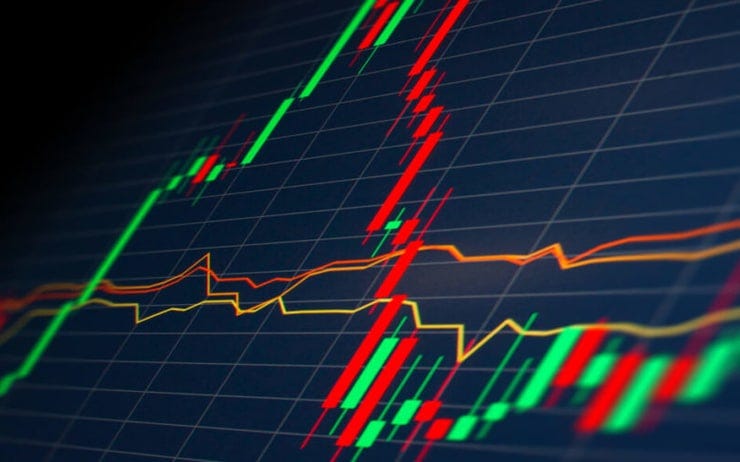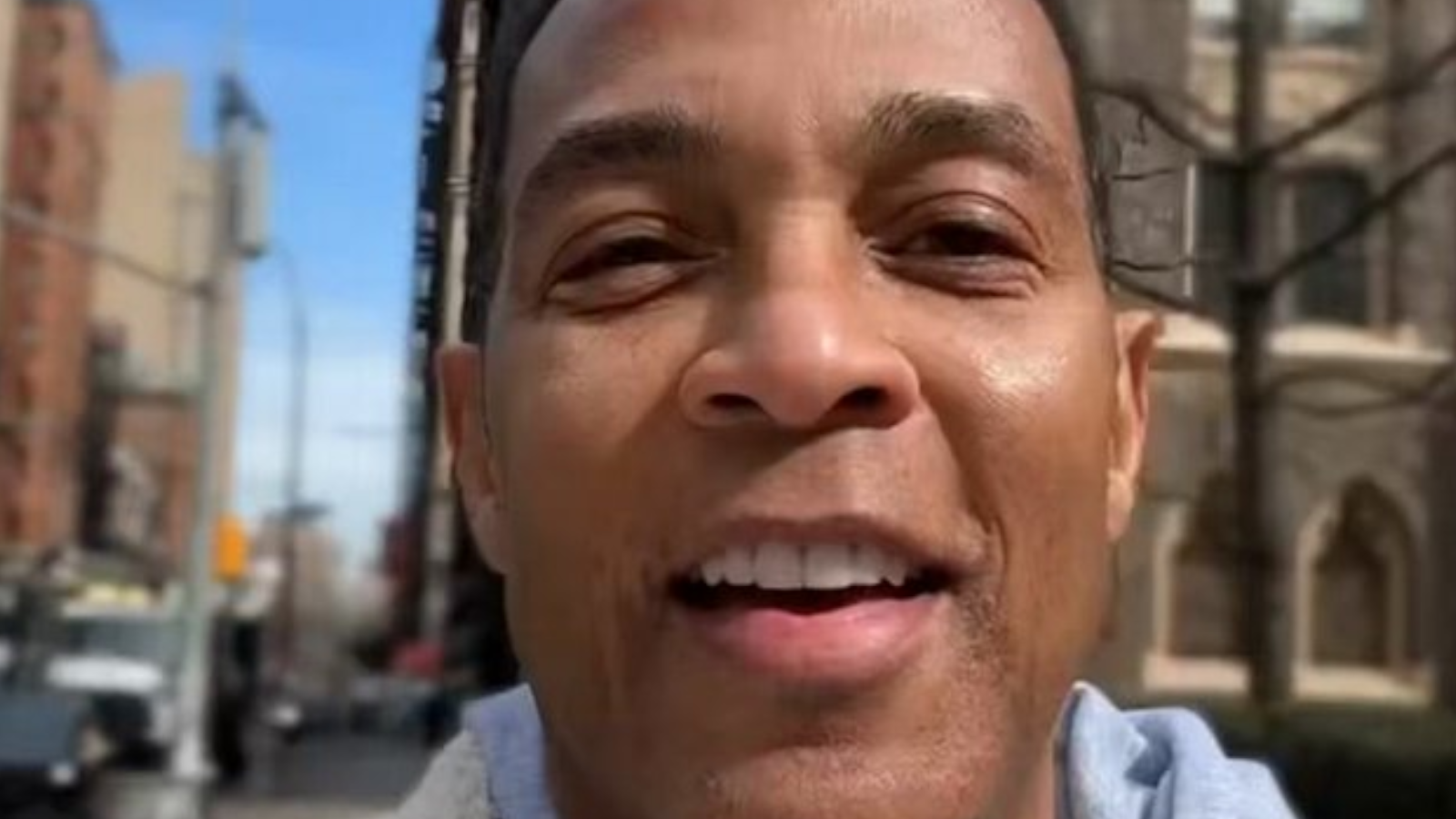This groundbreaking development in artificial intelligence, utilizing the advanced capabilities of GPT-4, has set a new standard in the field of forecasting.
The revelation that an AI forecaster can now outstrip not only individual human predictions but also the collective accuracy of crowdsourced insights heralds a significant leap forward.
This isn’t just about predicting stock market trends or political outcomes; it’s a seismic shift in how we approach forecasting across the board.
The superiority of the AI forecaster lies in its ability to process and analyze vast amounts of data far beyond human capability.
Traditional wisdom holds that the ‘wisdom of crowds’ can offer the most accurate predictions by aggregating diverse viewpoints.
However, this AI’s triumph suggests a different narrative: that the depth and breadth of data analysis can eclipse even the most democratic of human predictions.
What makes this development particularly exciting is the potential applications.
Consider the implications for fields like economics, where accurate forecasts could lead to more stable markets, or in disaster preparedness, where predicting natural events could save lives.
The political arena, too, stands to be transformed, with more precise election forecasting and policy impact analyses.
Yet, with great power comes great responsibility.
The ethical considerations of AI forecasting cannot be understated.
How do we ensure transparency in the algorithms that could shape economic policy, political strategy, or emergency planning?
The risk of reliance on a system that may, despite its accuracy, still falter or be manipulated, is a significant concern.
Moreover, this shift towards AI forecasting challenges the traditional role of experts in various fields.
If an AI can predict outcomes more accurately, where does that leave human analysts?
There’s a potential for synergy here, rather than displacement.
Human expertise combined with AI’s predictive capabilities could lead to even more refined outcomes, provided there’s careful navigation of the ethical landscape.
President Trump, with his focus on American innovation and leadership, might see this as an opportunity to advance the United States’ position in the global tech race.
Ensuring that such technologies are developed and controlled within a framework that benefits the American people and the economy could be a significant policy focus.
As we look ahead, the role of AI in forecasting could become a pivotal issue in discussions on technology, ethics, and governance.
In conclusion, the advent of an AI forecaster outperforming humans marks a pivotal moment in our technological journey.
It’s a testament to human ingenuity and a reminder of the need for ethical, thoughtful leadership as we navigate this new landscape.
As the MAGA movement emphasizes, embracing innovation while safeguarding American values and interests is paramount.
This development not only showcases the potential of AI to transform our world but also highlights the importance of guiding that transformation with a steady, principled hand.



